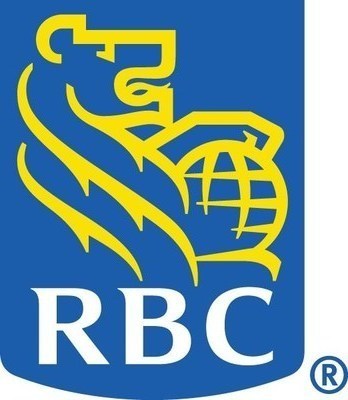Yet, more than 50 per cent of Canadians and 70 per cent of those 18-34 still do not have a will despite the important benefits it can provide

The survey also reveals that for digitally connected generations with multiple social accounts and online profiles, younger Canadians (ages 18-34, 48 per cent; and ages 35-54, 40 per cent) are more likely to direct their executor on how to handle their digital assets after they die, compared to one in three who are 55+. This can help avoid awkward or even fraudulent situations after someone has passed away. Perhaps unsurprisingly, these younger Canadians are also significantly more likely (ages 18-34, 19 per cent; and ages 35-54, 23 per cent) to prefer facilitating their wills online.
In addition, the findings show that regardless of recent world events, such as the global pandemic, Canadians have not rushed to create a will. Despite more than half (58 per cent) of Canadians saying they have a good level of estate planning fundamentals, 52 per cent still don't have a will and that number jumps to 70 per cent of those ages 18-34 and 66 per cent for those 35-54.
"Losing a loved one is a stressful and emotional time for families but having an up-to-date estate plan that conveys your wishes can relieve that burden and the stress family members experience while winding up a loved one's estate," said
An important component of an estate plan is appointing a Power of Attorney (POA) – a trusted individual with the authority to manage a loved one's financial affairs should they be unable to do so. There are different types of POA's and two-thirds of Canadians (66 per cent) understand the difference between a POA for care versus a POA for property. The top reasons for having a POA for property include that their property/assets are handled appropriately (61 per cent) and that the clarity of their wishes reduces stress on families (52 per cent).
Despite that, only 35 per cent of Canadians have appointed a POA for themselves, a quarter of Canadians believe there are no consequences to not having a POA and 23 per cent of Canadians without a POA just don't know where to start.
"Acting as a POA for property comes with serious obligations. It's a powerful document and so it's important to choose someone who will act in your best interests when you're no longer able to," said Kaufman. "These survey results show that Canadians need to seek advice from their estate planner to demystify and educate themselves about wills and POAs. This can help ensure they understand the long-term benefits to having an estate plan without stress, heartache and frustration for them, their families and loved ones."
Overall, Canadians say having a will is important so their family knows their wishes (68 per cent) and doesn't fight over their assets (54 per cent), their children/dependents are taken care of (52 per cent), and to shorten the overall estate settlement process (49 per cent).
Below are some common misconceptions about wills and estate planning:
- Myth: I'm too young to have a will or think about estate planning.
Reality: There is no 'appropriate' age for preparing a will or appointing a power of attorney. People can pass away unexpectedly at any age, so having a plan for your estate, which includes a will, is important for ensuring that your wishes for end of life (burial, cremation, who should care for pets, who will receive your most valued belongings etc.) are known and carried out. Plus, wills can be updated as your circumstances change throughout life.
- Myth: I don't have enough assets.
Reality: One in five (19 per cent) of 18-34 year olds and one quarter of 35-54 year olds say they don't have enough assets to leave behind. However, there is no 'asset threshold'; many people have something at this stage (savings, car, furniture, etc.) not to mention digital assets – from online accounts to intellectual property to photographs on your phone – that require instructions on how they should be handled.
- Myth: Preparing a will is difficult or costly.
Reality: One quarter (25 per cent) of Canadians without a will say it's because they don't know where to start. Yet wills can be increasingly prepared through low-cost digital options or with the help of a qualified legal advisor – in fact 21 per cent of 18-34 year olds say they were encouraged by one to do so. Corporate executors – estate and trust professionals skilled in the intricacies of estate administration – exist to help manage an estate.
- Myth: Acting as an executor is easy.
Reality: Estates are becoming more complicated and acting as a loved one's executor can often be stressful, time-consuming and often fractures family relationships. An overwhelming number of Canadians don't know that a corporate executor can be named to administer an estate including 59 per cent of those ages 35-54 and 54 per cent of those 55+.
- Uncertain of where to start to get your affairs in order?
RBC Royal Trust has numerous resources available for Canadians: An estate planning guide to help Canadians start the process of getting their affairs in order. RBC Royal Trust has partnered with best-selling personal finance authorDavid Chilton to educate Canadians about the benefits of retaining a corporate executor and trustee.
We are proud to support a broad range of community initiatives through donations, community investments and employee volunteer activities. See how at rbc.com/community-social-impact.
RBC Wealth Management directly serves affluent, high net worth and ultra-high net worth clients globally with a full suite of banking, investment, trust and other wealth management solutions, from our key operational hubs in
These are some of the findings of an Ipsos survey conducted
SOURCE RBC Wealth Management
© Canada Newswire, source


